Interests over values
With the West losing its ability to set the rules of global order, what matters to nations is the dominance of interests over values, argue foreign policy experts
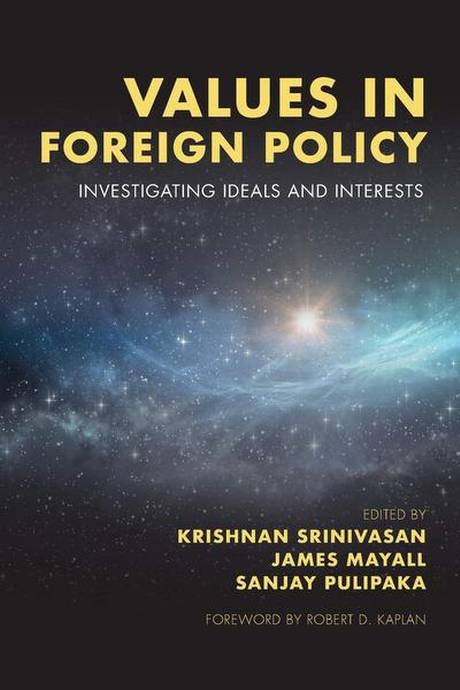 Courtesy: The Hindu
Courtesy: The Hindu
With the West losing its ability to set the rules of global order, what matters to nations is the dominance of interests over values, argue foreign policy experts
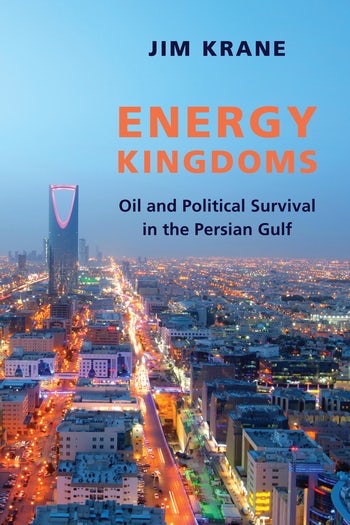 Courtesy: Columbia University Press
Courtesy: Columbia University Press
This book examines concisely and readably how the discovery of oil and natural gas transformed the six oil kingdoms of the Gulf, but profligate energy consumption at home challenged the basis of this very prosperity. It goes on to look at how these countries dealt with the economic crises that struck them
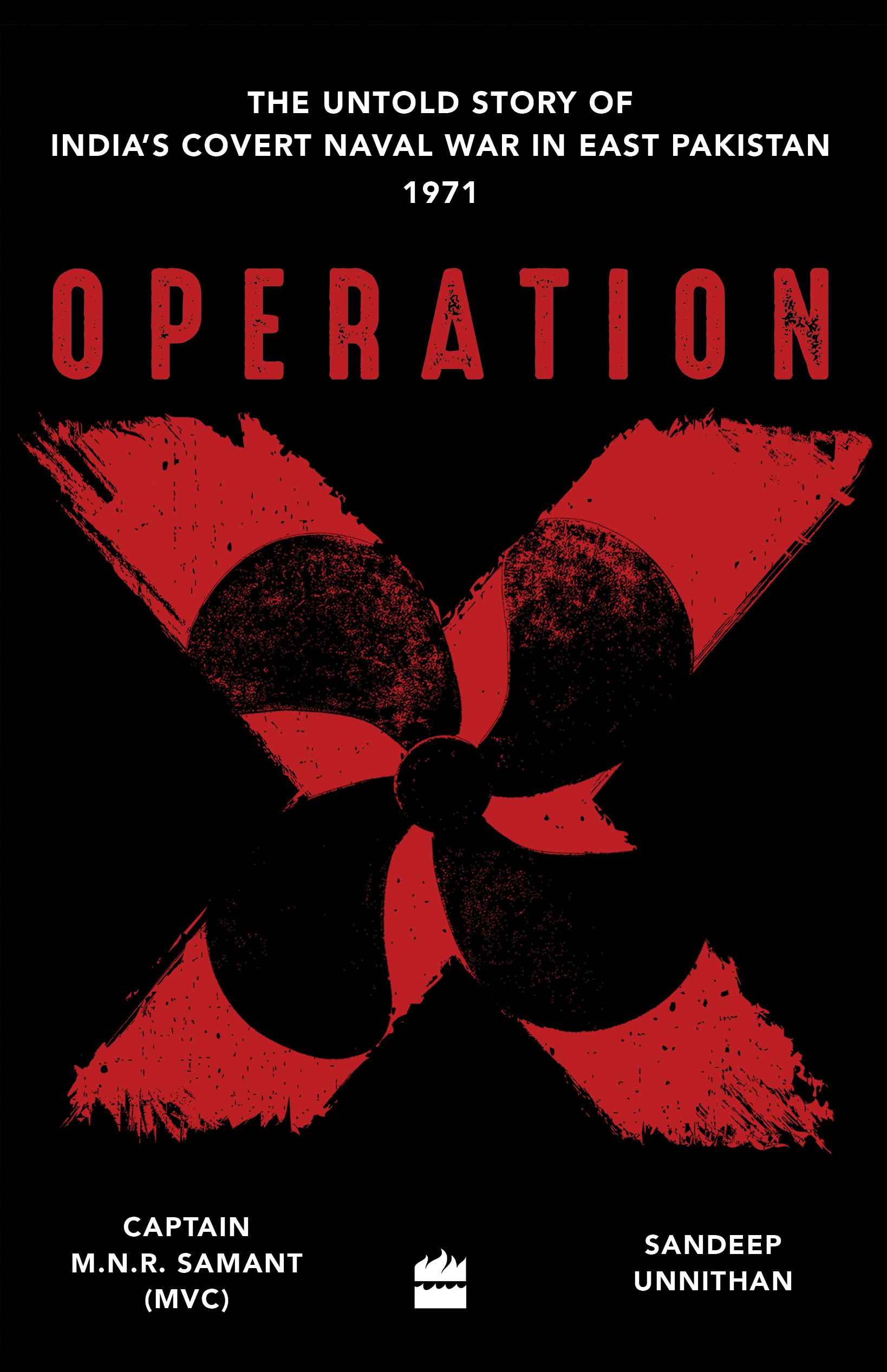 Courtesy: Harper Collins
Courtesy: Harper Collins
This is a grippingly written account of a not very widely documented episode from the Indo-Pakistan war of 1971: ‘Operation X’ was a naval commando operation, executed by a brave band of Bangladeshi freedom fighters. But it also marked a turning point in the war – and in the way India was to fight future wars
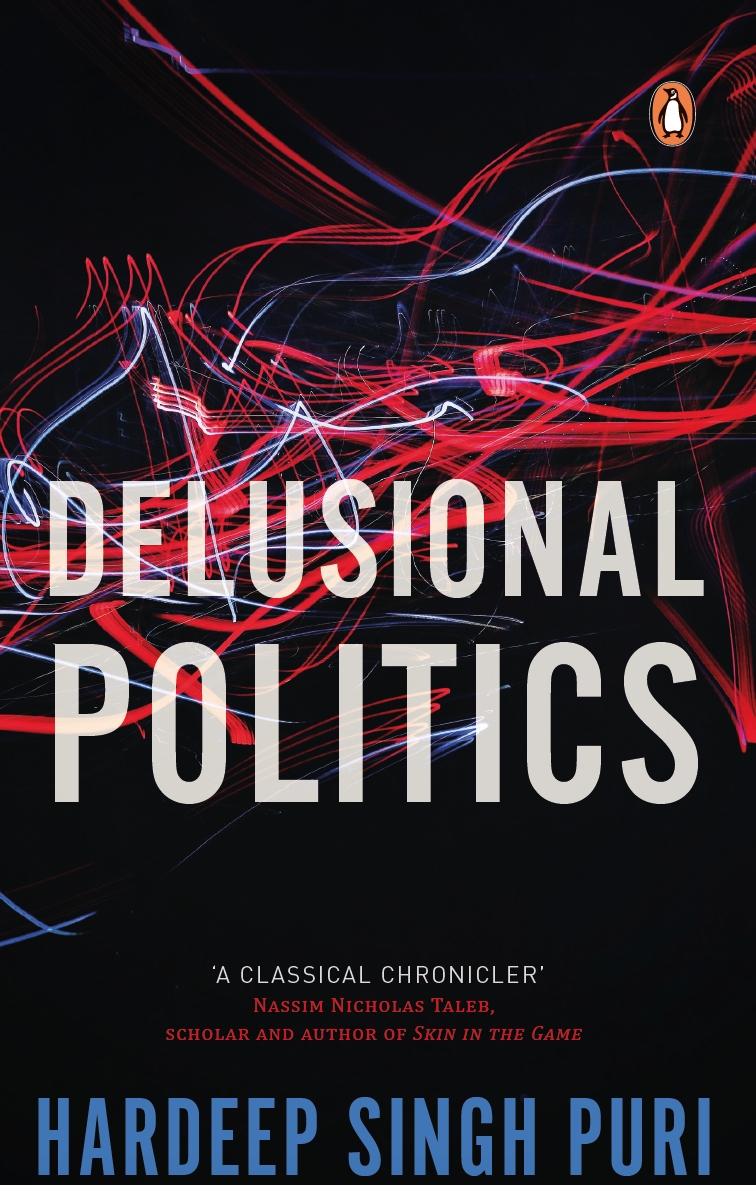 Courtesy: Penguin
Courtesy: Penguin
The apparently disparate themes that Hardeep Singh Puri analyses in this book cohere under his overarching thesis about delusional decision-making and its unexpected consequences, be it Brexit or the rise of populist leaders. His analysis includes an examination of the democratic process, the role of the media and the elusive nature of definitions
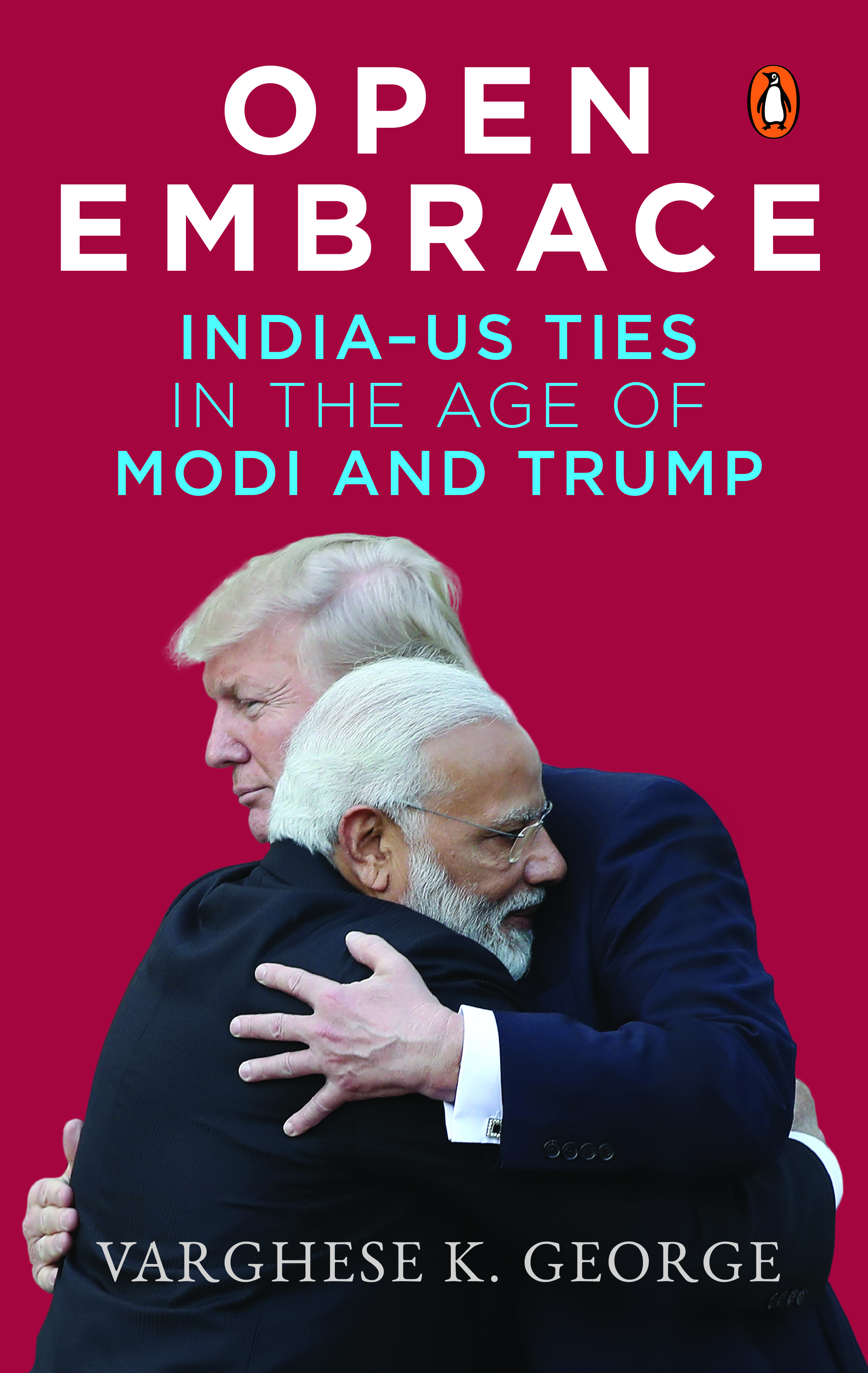 Courtesy: Penguin
Courtesy: Penguin
This book offers a ringside view of evolving Indo-U.S. ties under two conservative leaders, both engaged in mixing nationalism, religion and populism to advance the global capitalist order. The title points to an interesting departure from the more orthodox view of the bilateral relationship, which is usually from the prism of discord or estrangement
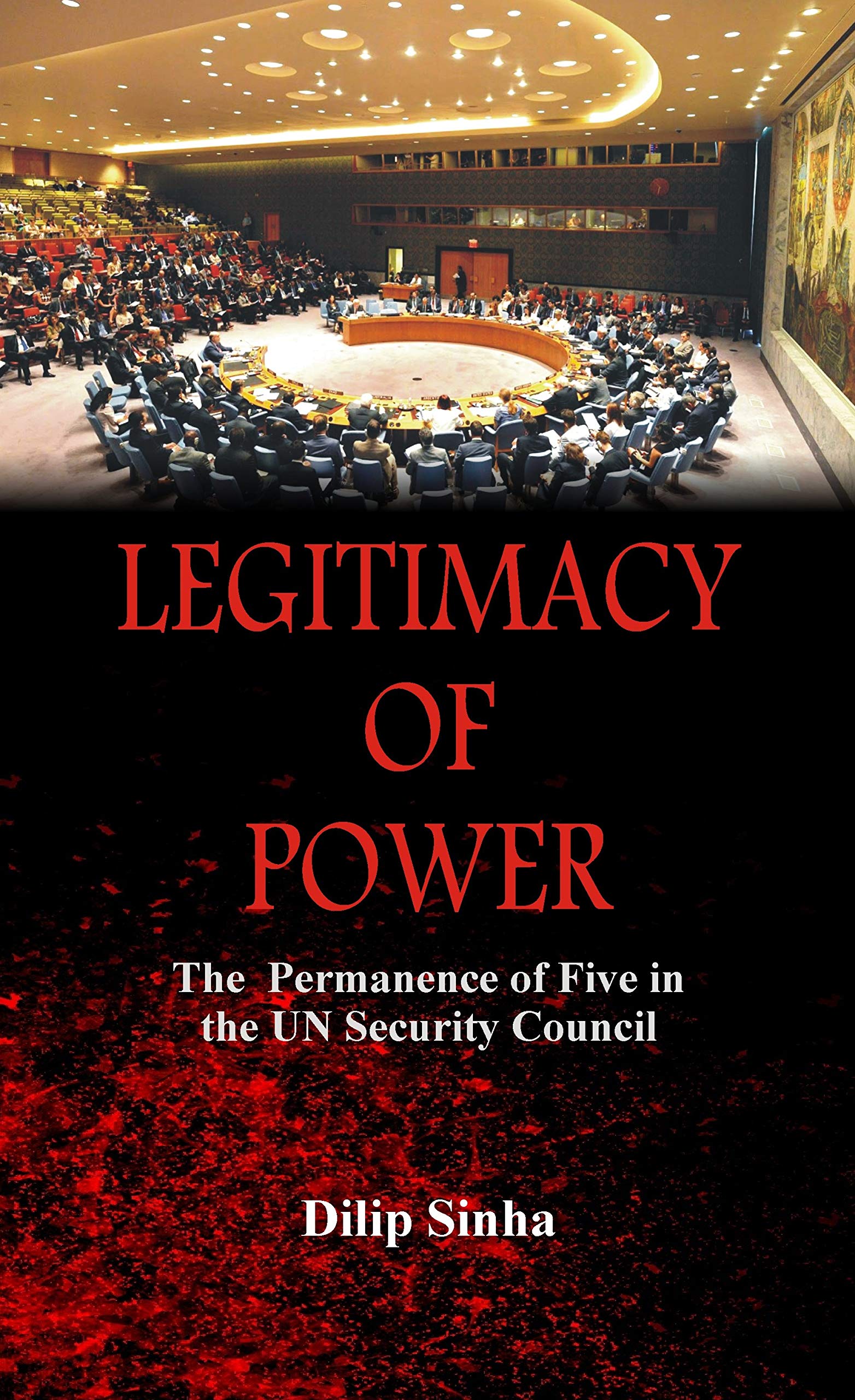 Courtesy: Vij Books
Courtesy: Vij Books
Former ambassador Dilip Sinha’s book comes at a time when there is a call for greater transparency and accountability in the functioning of institutions the world over. The United Nations Security Council, a vestige of post-Second World War structures, has had no real meaningful reform. The author deals with this and other thorny questions
 Courtesy: John Murray
Courtesy: John Murray
Demography has an important role in economic and political history, it has an impact on political thinking and changing populations influence the balance of power between different countries. The book is especially good at British, British colonial and European demographic history, but its weakness is its Euro-centrism
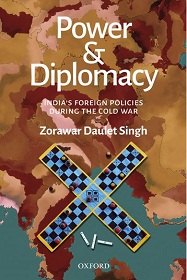 Courtesy: Oxford University Press
Courtesy: Oxford University Press
This account of India’s foreign policy under Jawaharlal Nehru and Indira Gandhi is an accomplished body of research into a period, usually studied primarily for India’s Non Aligned Movement. The author suggests that Nehru’s larger Asian, more global, view for India has therefore gone unnoticed
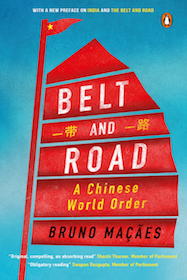 Courtesy: Penguin RandomHouse
Courtesy: Penguin RandomHouse
This timely book on a controversial subject attempts to sum up the scope and ambitious scale of the BRI. It does not offer judgement nor copious detail, but shows how an infrastructure project now seems to be the basis of a China-centred global economic system

This vivid portrait of socialist India, by giving primacy to the political background that determined Indira Gandhi’s responses, is different from the yearly ritualistic denunciations of her and the Emergency. It also has a story-teller’s flair, making it accessible to readers born well after 1975